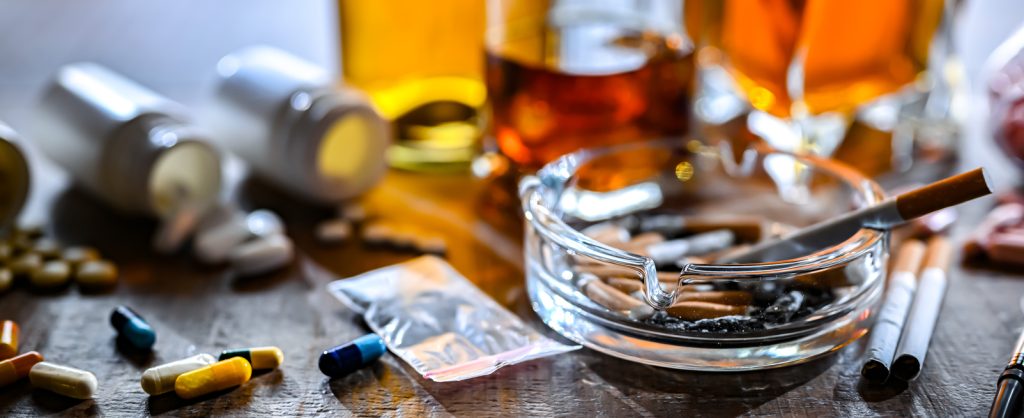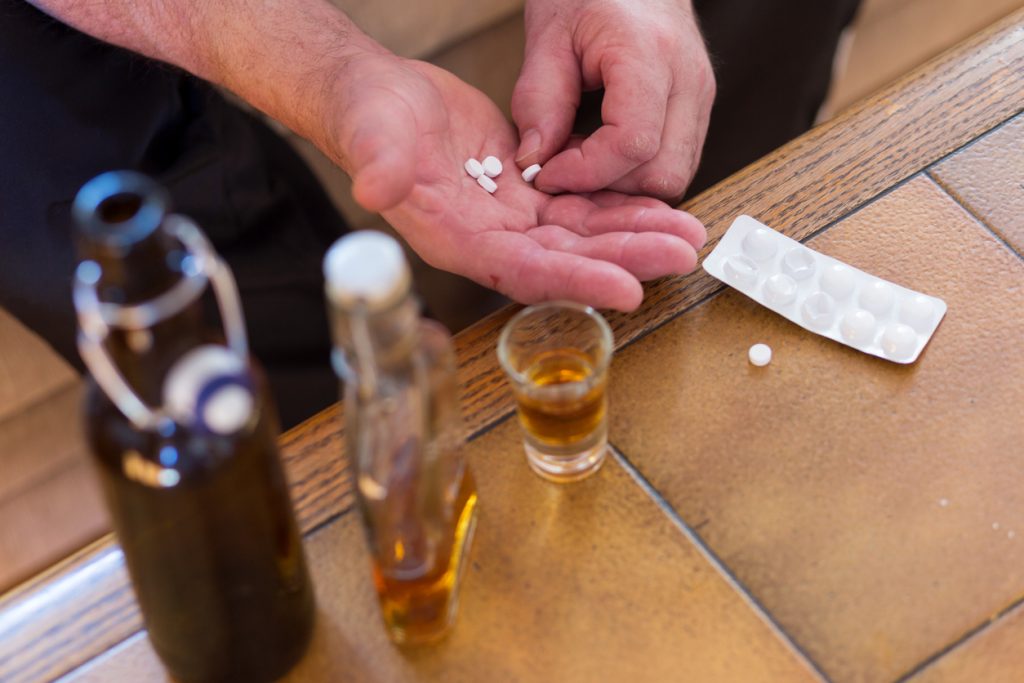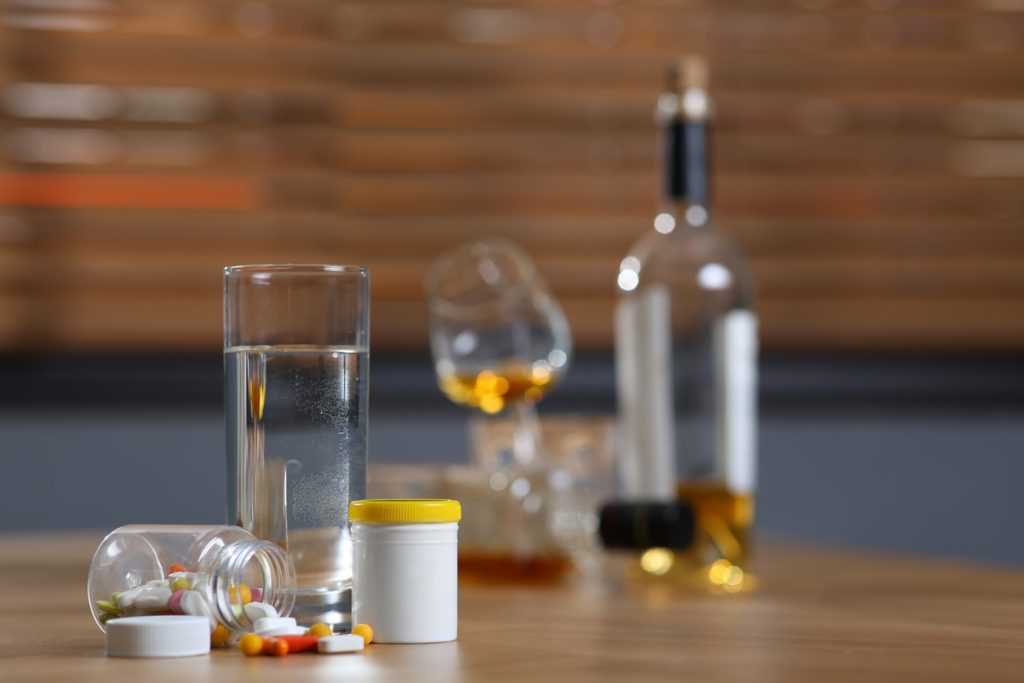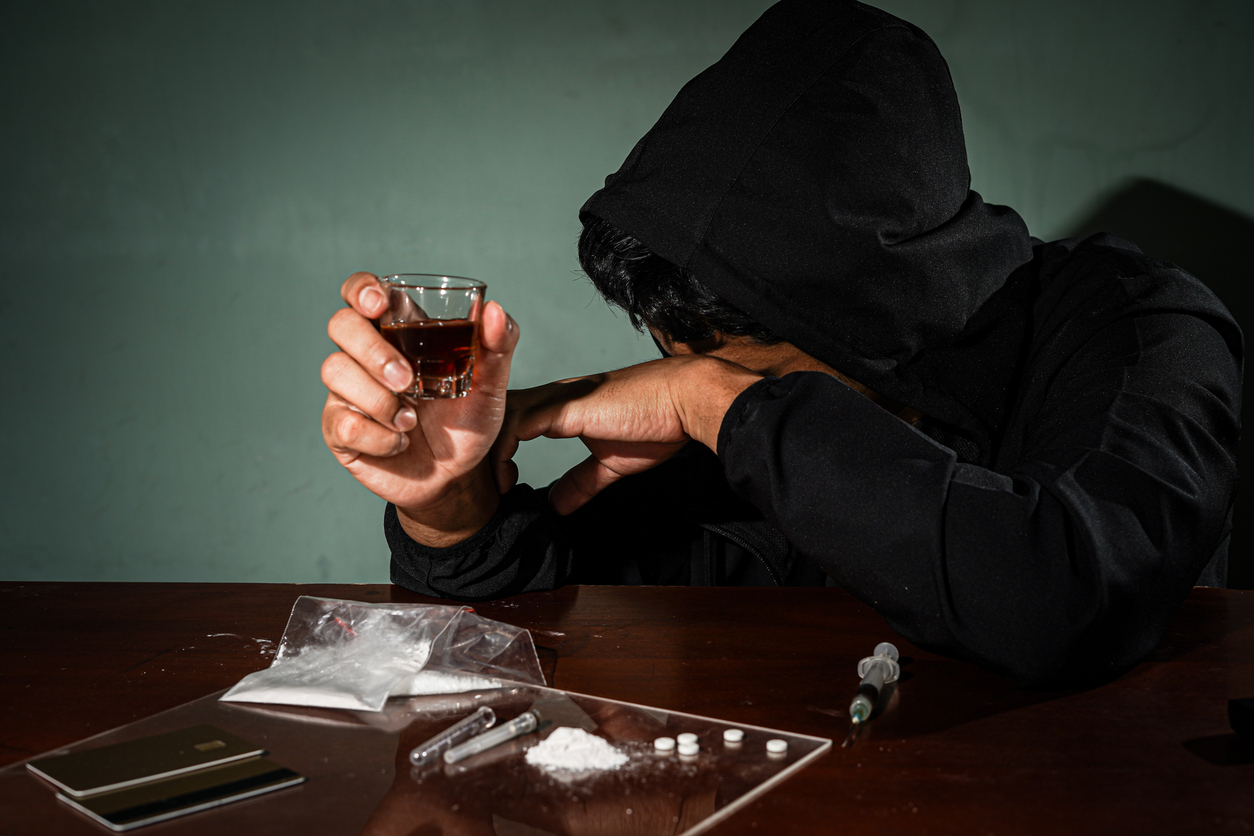Understanding the Risks of Drug and Alcohol Use During Probation
When an individual is placed on probation, the court allows them to remain in the community instead of serving time in jail or prison. However, probation always comes with conditions, and one of the strictest requirements is avoiding substance use. Drug and alcohol use during probation is viewed as a direct violation because it undermines rehabilitation efforts, signals noncompliance with court orders, and often leads to harsher penalties.
Judges, probation officers, and legal systems across the United States emphasize that abstinence from controlled substances is not optional but a fundamental condition of probation. A single failed drug or alcohol test can lead to revocation, new charges, or incarceration. To avoid these consequences, individuals must understand both the risks and the strategies available to stay substance-free while under supervision.
Why Courts Prohibit Drug and Alcohol Use During Probation
Courts impose abstinence because substance use is closely tied to criminal behavior and recidivism. When someone engages in drug and alcohol use during probation, it demonstrates an unwillingness to comply with lawful orders and raises concerns about future offenses. Probation systems are designed to balance accountability with rehabilitation, and sobriety is essential to both.
From a legal standpoint, consuming drugs or alcohol while on probation can trigger immediate consequences. Many jurisdictions require random testing, and positive results often serve as sufficient evidence for violations. Additionally, probation officers may report even minor infractions, leading to formal hearings where judges determine whether continued probation is possible.

Consequences of Drug and Alcohol Use During Probation
The penalties for violating probation terms vary depending on the state and the individual’s criminal history, but the risks are severe. Some of the most common consequences include extended probation terms, mandatory treatment programs, community service, or full revocation of probation leading to incarceration.
Courts also consider repeated violations as indicators of disregard for the law. Even a first-time violation of drug and alcohol use during probation can cause the court to reconsider whether probation remains appropriate. In more serious cases, probationers may face additional charges, particularly if illegal drugs are involved.
To better understand the risks, individuals can review resources such as this detailed breakdown of the risks of drug or alcohol use during probation or parole. It highlights how quickly substance use can transform probation from an opportunity for rehabilitation into a direct path back to jail or prison.
Strategies to Avoid Drug and Alcohol Use During Probation
Successfully completing probation requires proactive effort and clear strategies for avoiding relapse or temptation. Abstaining from substance use is not simply about willpower but about creating an environment where sobriety is achievable.
One effective approach is seeking structured support through counseling or group therapy. Programs that address underlying causes of substance use, such as stress, trauma, or social influence, provide long-term solutions rather than temporary fixes. Courts often recognize and encourage participation in treatment programs, which may also demonstrate compliance and responsibility.
Another crucial strategy is building a strong network of supportive relationships. Individuals who are surrounded by peers who respect their probation terms are far less likely to engage in drug and alcohol use during probation. This may involve distancing oneself from old acquaintances who encourage risky behavior and instead spending time with family members, mentors, or sober friends.

The Role of Probation Officers in Preventing Drug and Alcohol Use During Probation
Probation officers are tasked with monitoring compliance, but their role also extends to helping probationers succeed. Many officers refer individuals to treatment resources, job training, or community programs that reduce the likelihood of relapse. Maintaining open communication with probation officers can create opportunities for support rather than conflict.
However, dishonesty or concealment of substance use almost always backfires. Probation officers are trained to recognize signs of intoxication and often use random drug and alcohol screenings. By addressing potential struggles upfront, individuals may receive guidance and access to programs instead of facing immediate punishment for undisclosed violations.
Legal and Personal Tools to Maintain Sobriety During Probation
Those struggling with compliance can take advantage of legal and community resources. Courts frequently approve structured rehabilitation programs, which may include inpatient or outpatient treatment, counseling, or educational sessions about substance abuse. Participation in these programs is not a sign of weakness but a practical step toward meeting probation requirements.
Probationers may also benefit from understanding the legal framework surrounding probation terms. Federal resources, such as the National Institute on Drug Abuse and state-level .gov agencies, provide accessible information on addiction, treatment, and the consequences of continued use. Such resources demonstrate that probation is not solely punitive but also intended to encourage long-term behavioral change.
By combining legal awareness with personal accountability, individuals have a stronger chance of avoiding drug and alcohol use during probation and completing their terms successfully.

Long-Term Benefits of Avoiding Drug and Alcohol Use During Probation
Sobriety during probation extends beyond meeting court requirements. Individuals who resist the temptation of drug and alcohol use during probation often experience better employment opportunities, stronger family relationships, and improved health outcomes. Employers and community leaders are more likely to support individuals who demonstrate responsibility and accountability, which can open doors that were previously closed.
Additionally, avoiding violations creates a smoother path to early termination of probation in some jurisdictions. Courts may reduce the duration of supervision for individuals who demonstrate consistent compliance, maintain steady employment, and remain substance-free. This incentive underscores the broader rewards of staying on the right side of the law during probation.
Conclusion: Staying Compliant by Avoiding Drug and Alcohol Use During Probation
Probation is an opportunity to rebuild one’s life while under legal supervision, but it requires strict adherence to court-imposed conditions. Engaging in drug and alcohol use during probation jeopardizes that opportunity and increases the likelihood of incarceration. By seeking treatment, avoiding high-risk environments, maintaining open communication with probation officers, and relying on supportive networks, probationers can remain compliant and safeguard their future.
The path to successful probation completion is not without challenges, but with discipline and the right resources, individuals can avoid violations and move forward with greater stability. Staying substance-free is not only a requirement but also a stepping stone toward long-term success and freedom.
